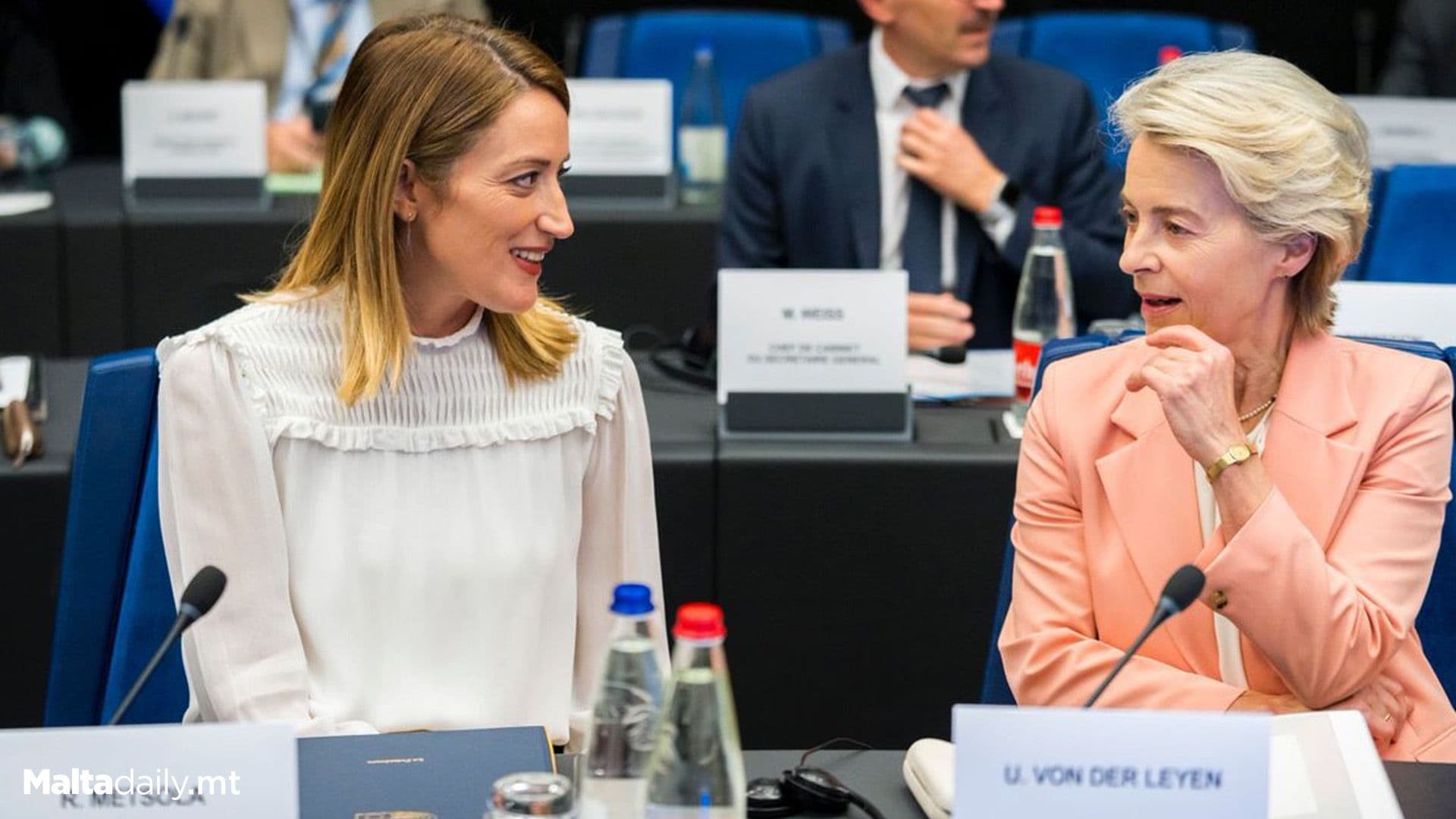European Parliament Begins Process for Forming New European Commission

The European Union is entering a new phase as the process to form the next European Commission begins. In a recent social media post, European Parliament President Roberta Metsola shared insights into the ongoing discussions between the European Parliament and European Commission President Ursula von der Leyen, focusing on the structure and portfolios of the upcoming Commission.
Metsola mentioned that this meeting marks the start of the discussions between the two institutions, stating, “Today’s discussion is a first between the European Parliament and von der Leyen on structure and portfolios. It paves the way for Parliament to vet candidates as efficiently as possible.” This initial step is crucial in setting the stage for determining the responsibilities of the incoming commissioners.
The talks are focused on how the next Commission will be structured and which portfolios will be assigned to the new set of commissioners. These portfolios cover a wide range of policy areas, including the economy, trade, environment, digital transformation, and foreign relations, and they will shape the EU’s priorities for the next five years.
Metsola also emphasized the European Parliament’s role in scrutinizing the proposed candidates, assuring that the process will be thorough. “Parliamentary scrutiny will not cut corners,” she added. This reflects the Parliament’s commitment to a transparent and comprehensive evaluation process, ensuring that each nominee is qualified and fit for their respective role.
The European Commission is the EU’s executive arm, responsible for proposing and enforcing legislation, managing the budget, and overseeing the day-to-day operations of the Union. Each EU member state nominates one commissioner, who is then assigned a portfolio based on expertise and negotiation. These roles are key to shaping policy across a range of sectors, from climate and energy to digital policy and trade.
Before the commissioners take office, they must undergo a thorough vetting process by the European Parliament. This includes public hearings where candidates are questioned on their qualifications, their vision for the portfolio, and their commitment to upholding EU values. The Parliament has the power to reject individual candidates if they do not meet the necessary standards.
As these early discussions continue, the focus will shift to the actual selection and vetting of candidates. Each commissioner will be assigned a portfolio that reflects both their expertise and the priorities of the European Union. The process will conclude with a vote in the European Parliament to confirm the new Commission.
In the coming months, the spotlight will be on the candidates nominated for key roles, as well as how the portfolios align with the EU’s long-term goals—such as tackling climate change, advancing digital transformation, and promoting social justice.
#MaltaDaily


